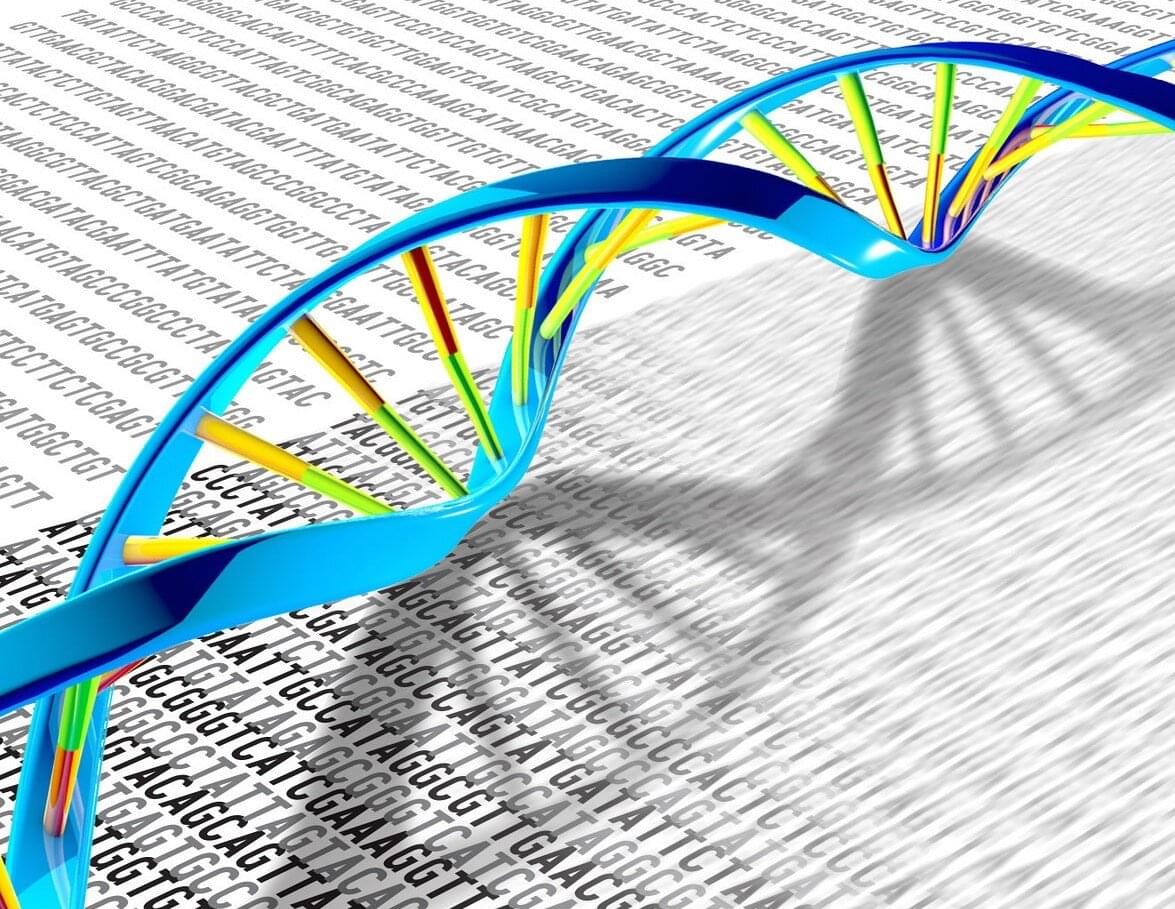Researchers have discovered new regions of the human genome particularly vulnerable to mutations. These altered stretches of DNA can be passed down to future generations and are important for how we study genetics and disease.
The regions are located at the starting point of genes, also known as transcription start sites. These are sequences where cellular machinery starts to copy DNA into RNA. The first 100 base pairs after a gene’s starting point are 35% more prone to mutations compared with what you’d expect by chance, according to the study published in Nature Communications.
“These sequences are extremely prone to mutations and rank among the most functionally important regions in the entire human genome, together with protein-coding sequences,” explains Dr. Donate Weghorn, corresponding author of the study and researcher at the Center for Genomic Regulation in Barcelona.
